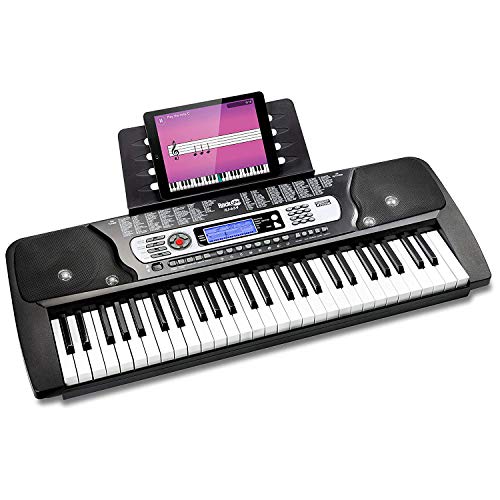The Benefits of Playing the Piano
Playing the piano is not only an enjoyable pastime, but it also offers a wide range of benefits for people of all ages. From improving cognitive skills to reducing stress, the piano has a positive impact on both mental and physical well-being. Whether you are a beginner or an experienced player, here are some of the key benefits you can gain from playing the piano.
Cognitive Benefits
One of the main benefits of playing the piano is its positive impact on cognitive abilities. Learning to play an instrument engages various parts of the brain, including memory, concentration, and spatial-temporal skills. Studies have shown that children who receive piano lessons tend to perform better in subjects such as math and science, as they develop enhanced cognitive capacities. Playing the piano also improves hand-eye coordination and fine motor skills, as both hands work simultaneously and independently.
Emotional Well-being
Playing the piano can be a powerful emotional outlet, allowing individuals to express and release their feelings through music. It has a therapeutic effect that can improve mental health, reduce anxiety, and alleviate symptoms of depression. The act of playing the piano helps to relieve stress, as it promotes relaxation and mindfulness. It offers a way to escape from daily routines and unwind, providing a sense of emotional well-being and happiness.
Social Interaction
Another benefit of playing the piano is the opportunity it provides for social interaction. Whether it’s playing in a band, participating in a recital, or joining a community choir, music brings people together. Piano lessons can also be a great way to meet like-minded individuals and make new friends. Collaborative playing and performing with others not only enhances musical skills but also nurtures teamwork, communication, and cooperation.
Discipline and Patience
Learning to play the piano requires discipline and patience. It is a complex and intricate instrument that demands dedication and regular practice. Through setting goals, following a structured practice routine, and striving for improvement, individuals develop discipline and perseverance. This sense of discipline can be applied to various aspects of life, as it teaches the importance of persistence, hard work, and the ability to overcome challenges.
Lifelong Learning and Personal Growth
Playing the piano is a journey that offers lifelong learning and personal growth. It is an instrument that can be continuously explored and mastered, providing a sense of achievement and self-improvement. As individuals progress in their piano playing, they gain confidence, boost their self-esteem, and develop a sense of pride in their accomplishments. The continuous pursuit of musical knowledge and skill development fosters a growth mindset, encouraging individuals to embrace challenges and embrace lifelong learning.






